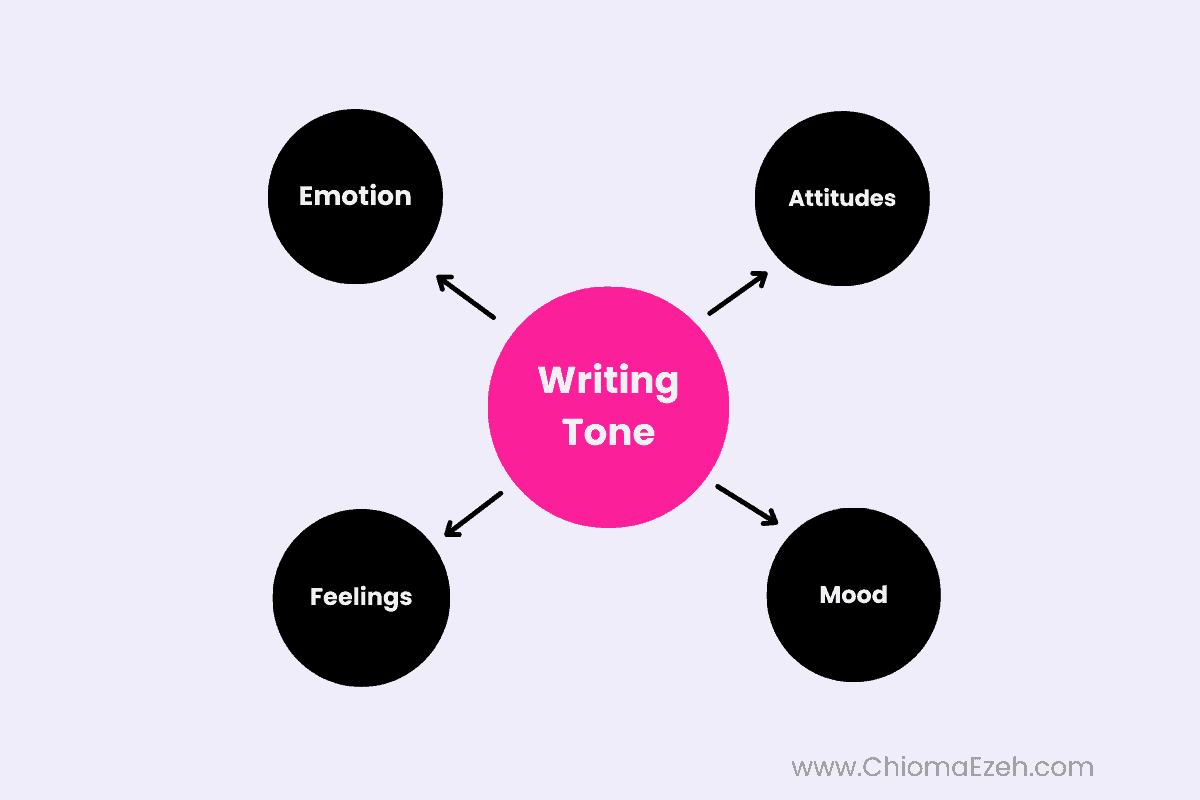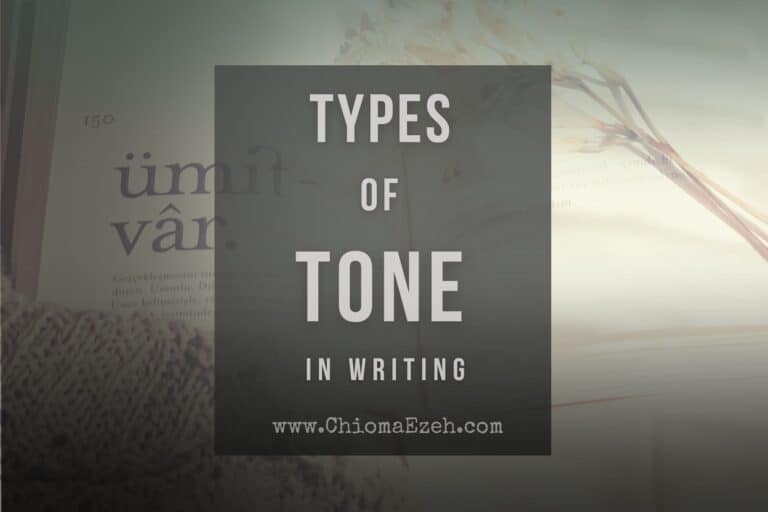Tone Vs Voice In Writing
Writing is a powerful tool, as it can be used to convey a variety of different messages. But when you’re writing, there are two key elements that will determine how your message is received: tone and voice.
Tone and voice are two elements of writing, and while they are closely related, they have distinct differences. Tone is the attitude or emotion behind what you write; it conveys your feelings about the topic in question. Voice refers to the style of writing itself – its diction, syntax, structure, etc. It’s how you present yourself through words on paper (or on-screen).
In this article, we’ll look at tone vs voice in writing. We’ll explore these two concepts mean for writers. We’ll explore why they’re important, and how best to use them for effective impact on your intended audience.
👉 For a more comprehensive overview, head over to our guide to Tone in writing for authors

Let’s Talk
Are you a writer aspiring to pen a masterpiece that never fails to captivate? Look no further. Reach out to us and uncover how we can help you to take your writing to unprecedented heights!

What Is Tone In Writing?
Tone in writing is the attitude of the writer and how it is conveyed through their words. It’s the feeling or emotion that comes across when reading a piece, whether it be joy, frustration, excitement, anger or sadness. Tone can be expressed through choice of words and syntax as well as punctuation and other structural elements such as sentence length.
For example, a piece of writing that contains short sentences and is peppered with exclamation marks can come across as angry or passionate, while longer sentences using more formal language would be better suited to conveying a sense of professionalism or seriousness.
Tone should always match the subject matter you’re covering and the audience you’re writing for, as this will help ensure your message is communicated effectively.
What Is Voice In Writing?
Voice in writing is the individual style of an author that makes their work recognizable and unique. It’s the personality behind a piece of writing and includes elements such as sentence structure, grammar, word choice, tone, and syntax. Voice is often described as having a character or personality of its own.
For example, some writers have a more conversational style that makes their writing seem friendly and approachable, while others use complex sentence structures and big words to convey authority and knowledge on the subject matter.
It’s important to find your own unique writing voice so that your work stands out from others and is memorable to readers.
What is The Difference Between Tone Vs Voice In Writing?
The confusion between voice and tone in writing is something that a lot of writers struggle with.
Voice is the personality and attitude behind your writing, while tone can be thought of as the way you express that voice through the words you choose. The way you use language to convey your message has a huge influence on how readers interpret it, so be aware of the difference between voice and tone in order to get your message across effectively.
Voice is the core personality that comes through in your writing – it reflects who you are as a writer, what kind of person you are, and how you approach topics. It’s the attitude behind your words, and it’s conveyed through diction, sentence structure, and the overall impression your writing creates. It’s something that will come naturally to you as a writer – it reflects your own individual style.
Tone, on the other hand, is more about how you use language to express your voice. It can be thought of as the “flavor” of your writing – how you choose to convey ideas using words. Tone is influenced by diction, syntax, and other literary devices. It helps you get your point across in a way that resonates with readers.
For example, if you’re writing an essay on a serious topic, you may want to use a formal tone to convey the gravity of the situation. On the other hand, if you’re writing something humorous or light-hearted, then a more casual tone might be appropriate.
In order to effectively communicate through writing, it’s important to be aware of both voice and tone.
Your writing should reflect your individual personality, while also conveying the right message to readers. Once you’ve mastered the difference between voice and tone, you’ll be able to write with more confidence, clarity, and style.
Tone Vs Voice
Table of Differences Between Tone and Voice
| Tone | Voice |
| – Attitude or emotion behind what is written. – Conveys feelings about the topic in question, such as anger, sadness, happiness, etc – Formal or informal language used in writing – Can be adapted to suit different contexts – Can be expressed through the choice of words – Should match the subject matter and audience to ensure the message is communicated effectively. – Includes elements like syntax, punctuation, sentence length, and other structural elements. | – Individual style that makes work recognizable and unique. – Personality behind a piece of writing – Described as having a character or personality of its own. – More consistent throughout a piece of writing – Should be unique so that the work stands out from others. – Includes elements like sentence structure, grammar, word choice, tone, and syntax. |
How to identify tone vs voice in writing
| How to Identify Tone | How to Identify Voice |
| Look for words that carry connotations or evoke emotions | Look for subtler nuances such as diction and syntax. |
| Watch our for writer’s attitude towards a subject | Check the author’s personal point of view |
| Consider words that convey emotions or feelings—words like “amusement” or “sadness” | Pay attention to the way the words are presented—such as the use of strong verbs or adjectives |
| Look for specific diction and syntax, such as the use of slang terms or complex sentence structures | Listen for an author’s unique phrasing or word choice |
| A writer might use a sarcastic tone to criticize something | While using sarcasm, a writer’s voice might be more objective and neutral in its expression. |
Overall, tone and voice are important considerations when evaluating writing. By paying attention to the words used, the syntax employed, and the overall message of a piece, you should be able to determine an author’s tone and voice.
Final Notes on Tone Vs Voice In Writing
In conclusion, tone and voice are two important elements of writing that should be used in order for an author’s message to be properly conveyed. Tone conveys the attitude behind a piece of writing, while voice represents the style or personality of the author.






